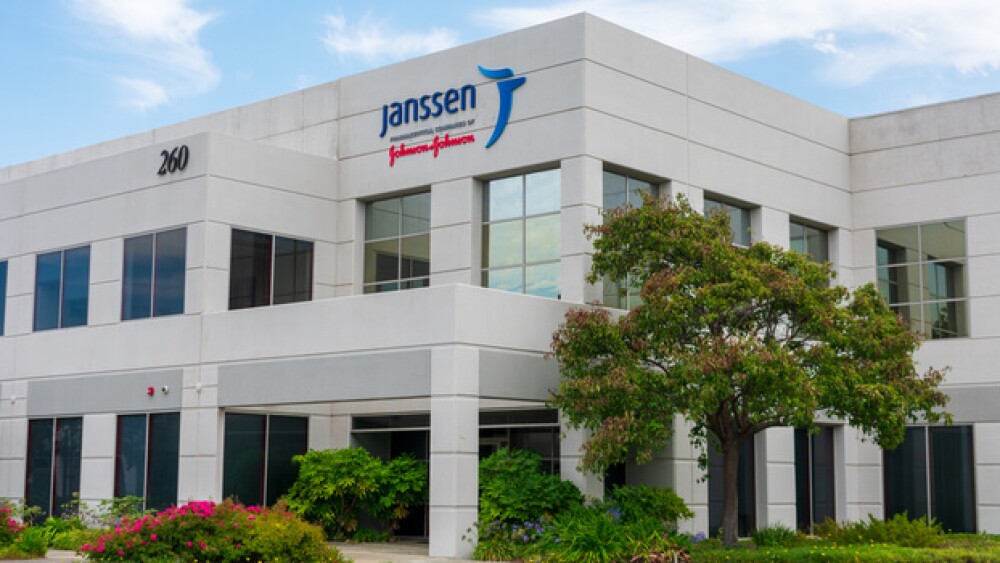Janssen reported positive topline data from a Phase II proof of concept study assessing nipocalimab in severe hemolytic disease of the fetus and newborn.
Courtesy of Michael Vi/Shutterstock
Janssen, the pharmaceutical division of J&J, posted positive topline data Monday from a mid-stage trial assessing nipocalimab in a rare disease that affects some people early in life.
Nipocalimab is a monoclonal antibody that selectively blocks the Fc receptor. The intention is to reduce levels of circulating immunoglobulin G (IgG) antibodies, including autoantibodies and alloantibodies.
In a previous interview with BioSpace, Neely Mozaffarian, M.D., Ph.D., former vice president and autoantibody pathway area leader, and Hong Sun, M.D., Ph.D., senior director, global compound development team leader, called nipocalimab a “pipeline in a pathway.”
One of its targets is severe hemolytic disease of the fetus and newborn (HDFN), a disorder that occurs when the blood types of a mother and baby are incompatible. Extremely rare, the condition occurs in three to 80 out of 100,000 pregnancies in the U.S. each year.
During pregnancy, the maternal IgG alloantibodies move across the placenta and attack fetal red blood cells, causing fetal hemolysis leading to anemia, said Katie Abouzahr, M.D., current vice president, autoantibody portfolio development leader at Janssen Research & Development, LLC. in a statement e-mailed to BioSpace.
The severe form of HDFN, which is categorized as an ultra-rare disease, can lead to hydrops and can even be life-threatening, she said.
There are currently no approved treatments for HDFN.
In the Phase II proof of concept UNITY trial, nipocalimab met the primary endpoint with the majority of pregnancies resulting in a live birth at or after 32 weeks following approximately 20 weeks of treatment with no need for intrauterine transfusion at any time during the pregnancy.
The trial consisted of 14 patients who were given weekly intravenous infusions.
In parents, Janssen monitored for adverse events up to approximately 24 weeks after delivery. In children, the company tracked adverse events for approximately 96 weeks.
Janssen is currently developing the design of a pivotal Phase III trial and aims to begin enrollment later in 2023, Abouzahr said.
“Our goal with this clinical program is to help address HDFN beyond the high-risk patient population.”
Pipeline in a Pathway
The nipocalimab portfolio consists of diseases driven by autoantibodies and alloantibodies. These include generalized myasthenia gravis (MG), warm autoimmune hemolytic anemia (wAIHA) and inflammatory demyelinating polyneuropathy.
Nipocalimab is currently in Phase III development for MG, wAIHA and inflammatory demyelinating polyneuropathy. A pediatric MG program is in Phase II studies.
As part of the adult MG trial, Janssen will evaluate the safety, tolerability and efficacy of nipocalimab in patients who have had an insufficient response to ongoing, standard-of-care therapy, Abouzahr said.
Monday’s nipocalimab update follows reports that Janssen is consolidating its vaccines and infectious diseases units and undergoing a “comprehensive review” of its portfolio.
The reports, stemming from internal documents and video from a town hall meeting obtained by Fierce Pharma, included a warning about “sweeping layoffs” impacting several countries.






